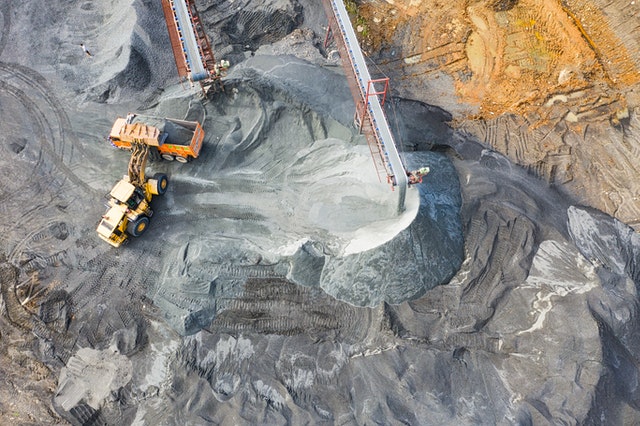Conakry – Guinea’s ruling junta has reached a $15 billion deal with Rio Tinto and an Asian-Guinean consortium to exploit the vast Simandou iron ore deposit in the southeast, public television announced.
The three-way deal, signed late on Friday, has a 35-year duration for co-development by Anglo-Australian mining giant Rio Tinto and the Singapore-led Winning Consortium.
Guinea has stunning mineral wealth, including the world’s biggest untapped deposits of high-quality iron ore.
But the West African state remains mired in poverty and saddled with a reputation for corruption.
Blocks 1 and 2 of the Simandou deposit were attributed to the Winning Consortium and Blocks 3 and 4 to Rio Tinto.
ALSO READ | Ex-president’s aides held in Guinea political spat
Rio Tinto is allied with Chinese aluminium corporation Chinalco in a joint venture to exploit the deposit and Singapore’s Winning Shipping with Chinese aluminium producer Shandong Weiqiao, the Yantai Port Group and Guinean company United Mining Supply.
The Simandou site holds one of the biggest deposits of iron ore in the world.
Development has previously been hampered for years by disputes over mining rights, suspicions of corruption and the scale of investment required in a landlocked region and a country that is woefully lacking in infrastructure.
Earlier this month Guinea’s junta ordered a freeze on all activity at the site, saying work there should uphold the country’s interests.
ALSO READ | Guinea rights groups demand renconciliation process
The new contract covers “infrastructure, mining development, the port”, according to Fadi Wazni, head of the Winning Consortium, speaking to the Guinean public broadcaster RTG.
It provides for the construction of a 670-kilometre (415-mile) railway to link between the mining area and a port on the Guinean coast south of Conakry.
The railway and deepwater port are expected to be completed by December 2024, according to the terms of the agreement announced on RTG.
The first commercial production is expected by March 2025 at the latest.
Follow African Insider on Facebook, Twitter and Instagram
Source: AFP
Picture: Pexels
For more African news, visit Africaninsider.com


